Social anxiety isn't about being liked
There’s this popular idea that socially anxious folks are just dying to be liked. It seems logical, right? Why else would someone be so anxious about how others see them?
And yet, being socially anxious tends to make you less likeable…they must be optimizing poorly, behaving irrationally, right?
Maybe not. What if social anxiety isn’t about getting people to like you? What if it's about stopping them from disliking you?
When someone is insecure, they get to stoop and take up less space, become less agentic, make fewer requests of others, maintain fewer relationships, go out less, take fewer risks…
Do any of these make you more likable?
If socially anxious people were trying to get people to like them, it’d be an incredibly bad strategy.
So what if they’re not concerned with being likeable?
What if what they actually want is to avoid being disliked?
To understand the object of an obscure plot, observe its consequences and ask who might have intended them… —Harry Potter and the Methods of Rationality
What if the socially anxious were calibrating to avoid being DISliked?
Consider: if you shrink and never make any attention-getting moves, you are less likely to dangerously disappoint others, get into risky conflicts or be seen as a failure, embarrassment, or threat.
Like, yeah, it’s wonderful to do awesome things and have people love you. But you know what’s better than being loved? People not hating you.
Social anxiety is a symptom of risk aversion
It’s not a pursuit of potential upside, but an attempt to avoid downsides.
Once you see this pattern, you see it everywhere.
Two examples:
1) When you feel financially insecure, you’re not optimizing for windfall as much as you’re optimizing for not going bankrupt. You avoid risky bets with higher EV in favor of safer, more predictable options, even if they offer smaller returns. The goal is to keep you fed, not to make you rich.
2) Reversely, countersignalling is a demonstration of safety in close relationships. In Scott Alexander’s Friendship is Countersignalling, he describes an interaction he has with a friend:
Becca: What are you doing here? I figured they’d have locked you away in the psych ward for good by now.
Scott: Nope. And what are you doing here? You haven’t killed off all your patients yet?
Becca: Only person in this hospital I might kill is standing right in front of me.
Scott: Be careful, I’m armed and dangerous *picks up a central line placement practice set menacingly*
The security of good friendship diffuses your anxiety about making a social faux pas and enables you to take more risks.
What this means for growth
When you believe your primary goal is to “be liked” but keep finding yourself hiding in shadows, you’ll feel like a total failure. This hurts!
But all our feelings have their own kind of logic. Even when we do things that seem self-sabotaging, there’s usually an incentive that makes sense in that specific context—even if it may not be the globally optimal strategy. Locally optimal!
Consider: What if all these symptoms of social anxiety aren’t failures of a system trying to be liked, but successes of a system trying to avoid being disliked?
What if you’ve been operating pretty rationally this whole time, but not for the outcome you thought you were optimizing for?
What if you’re not failing at being liked—you’re succeeding at avoiding being disliked?



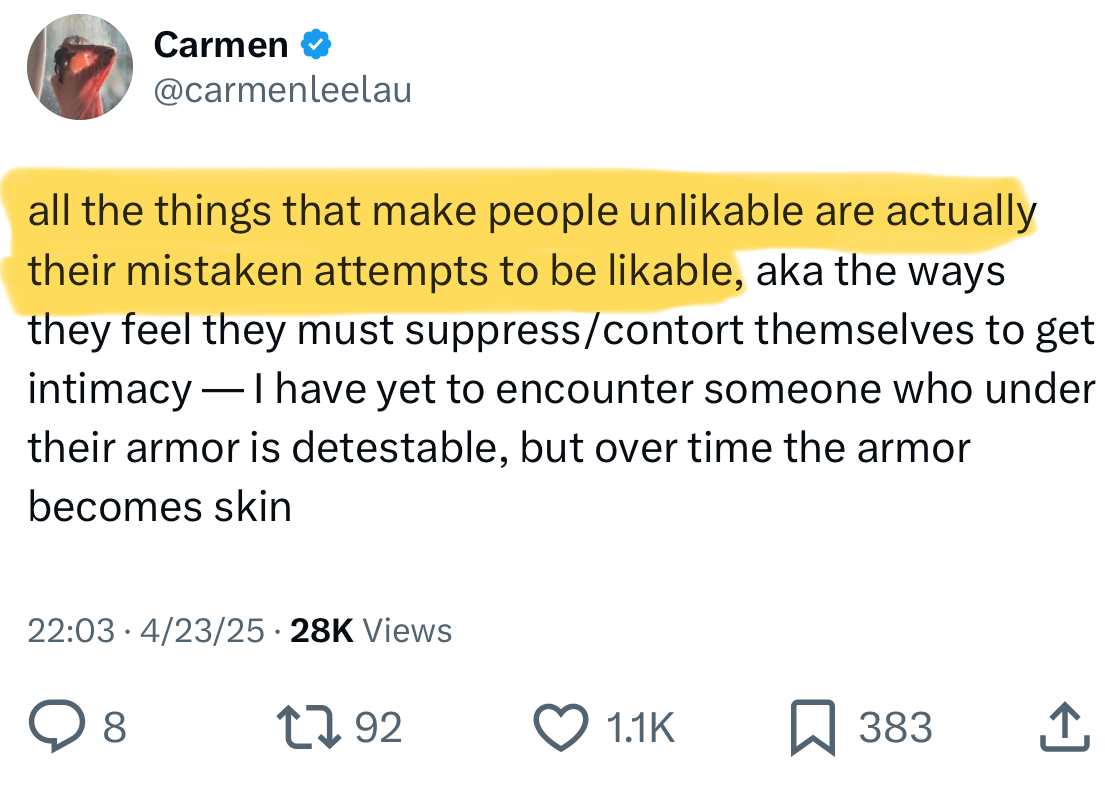
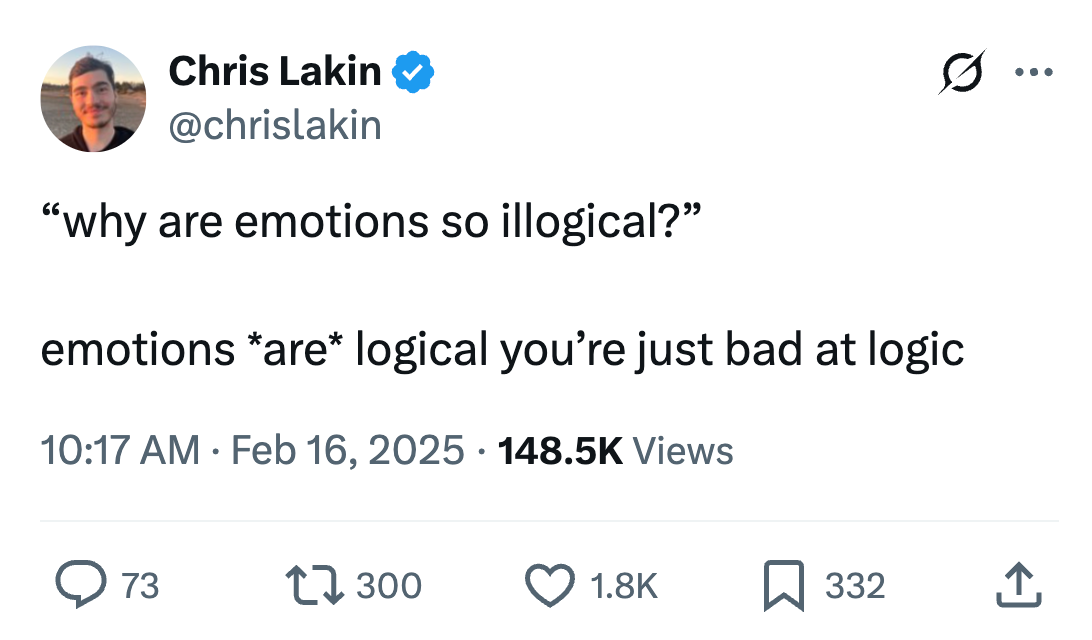
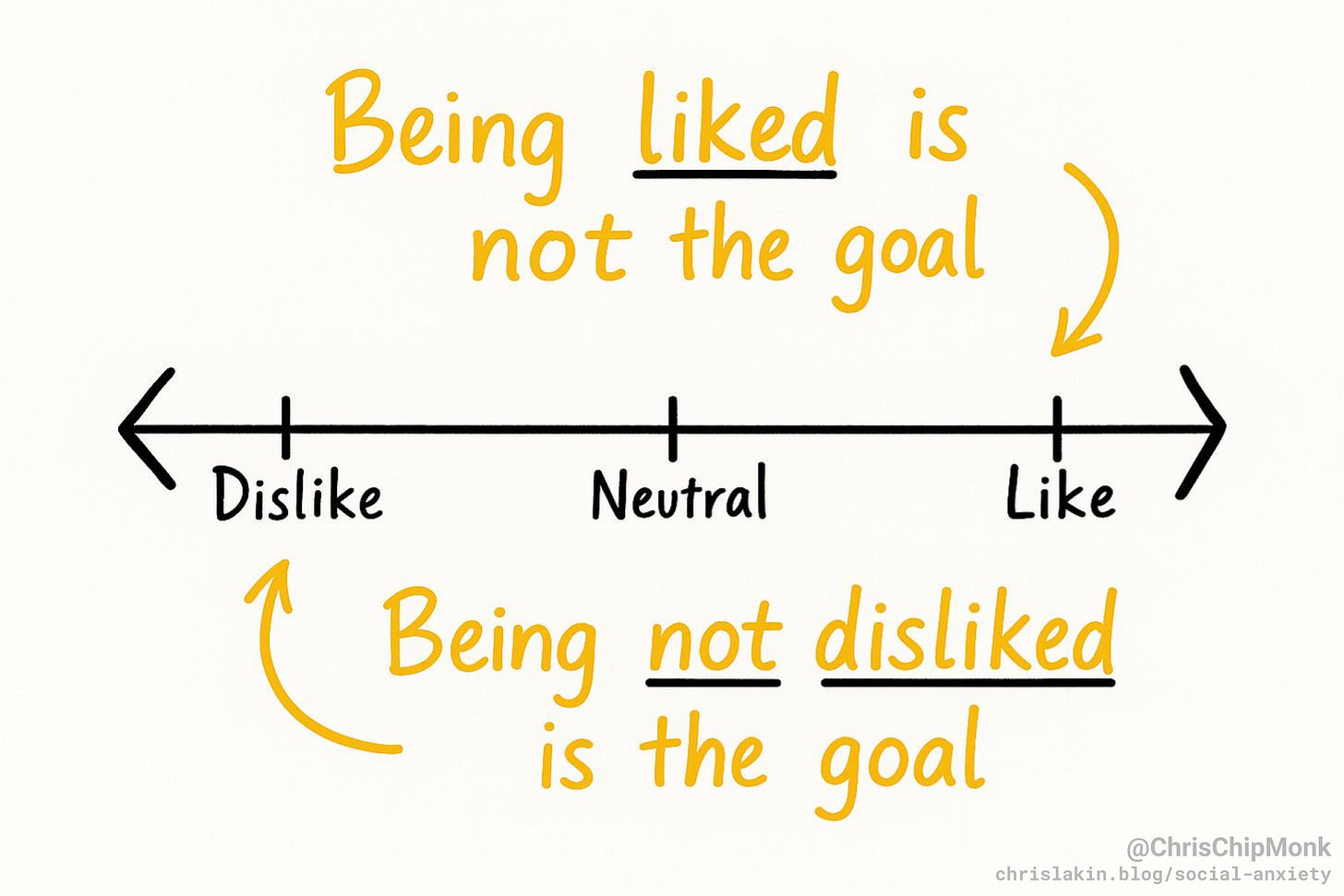
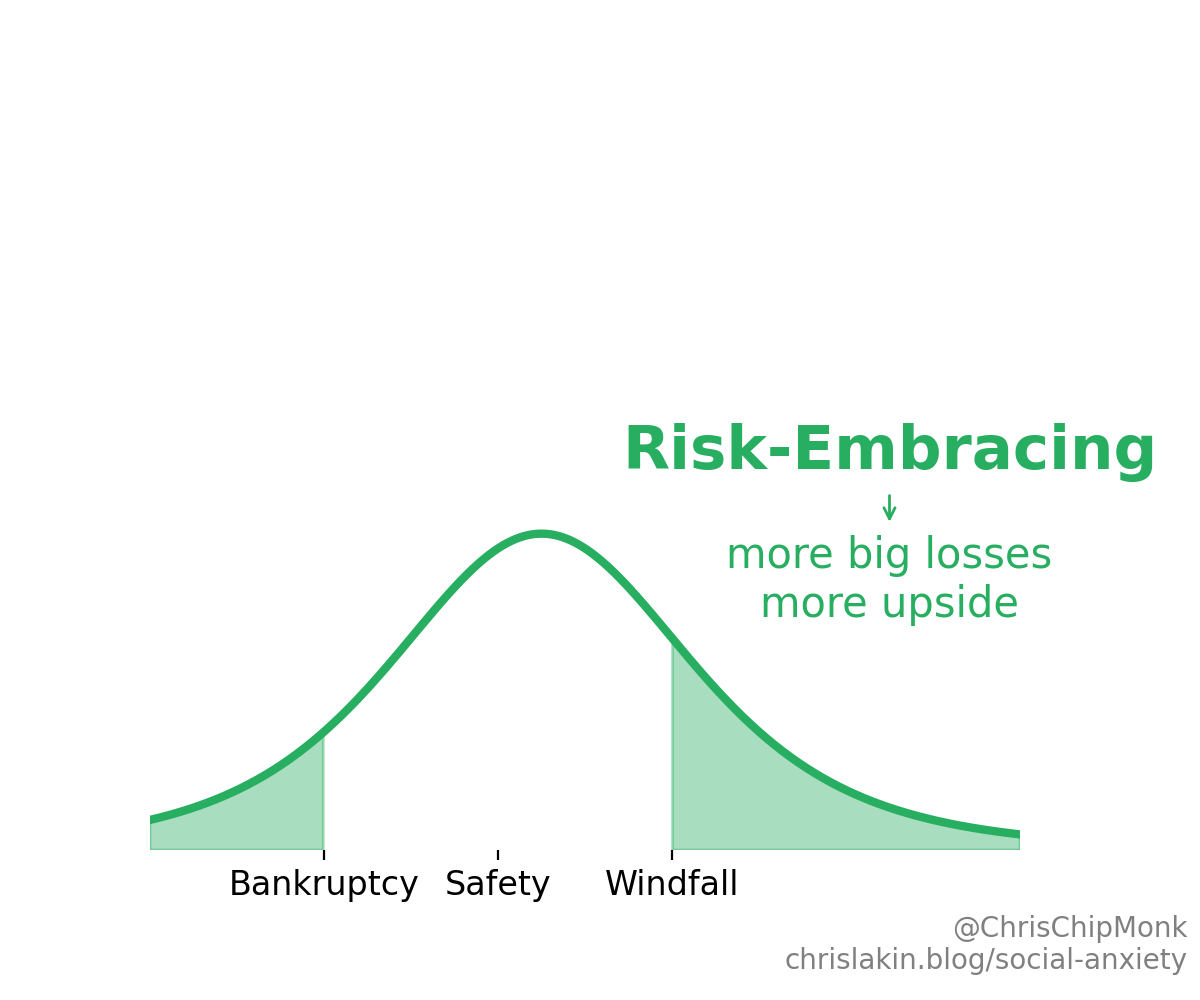
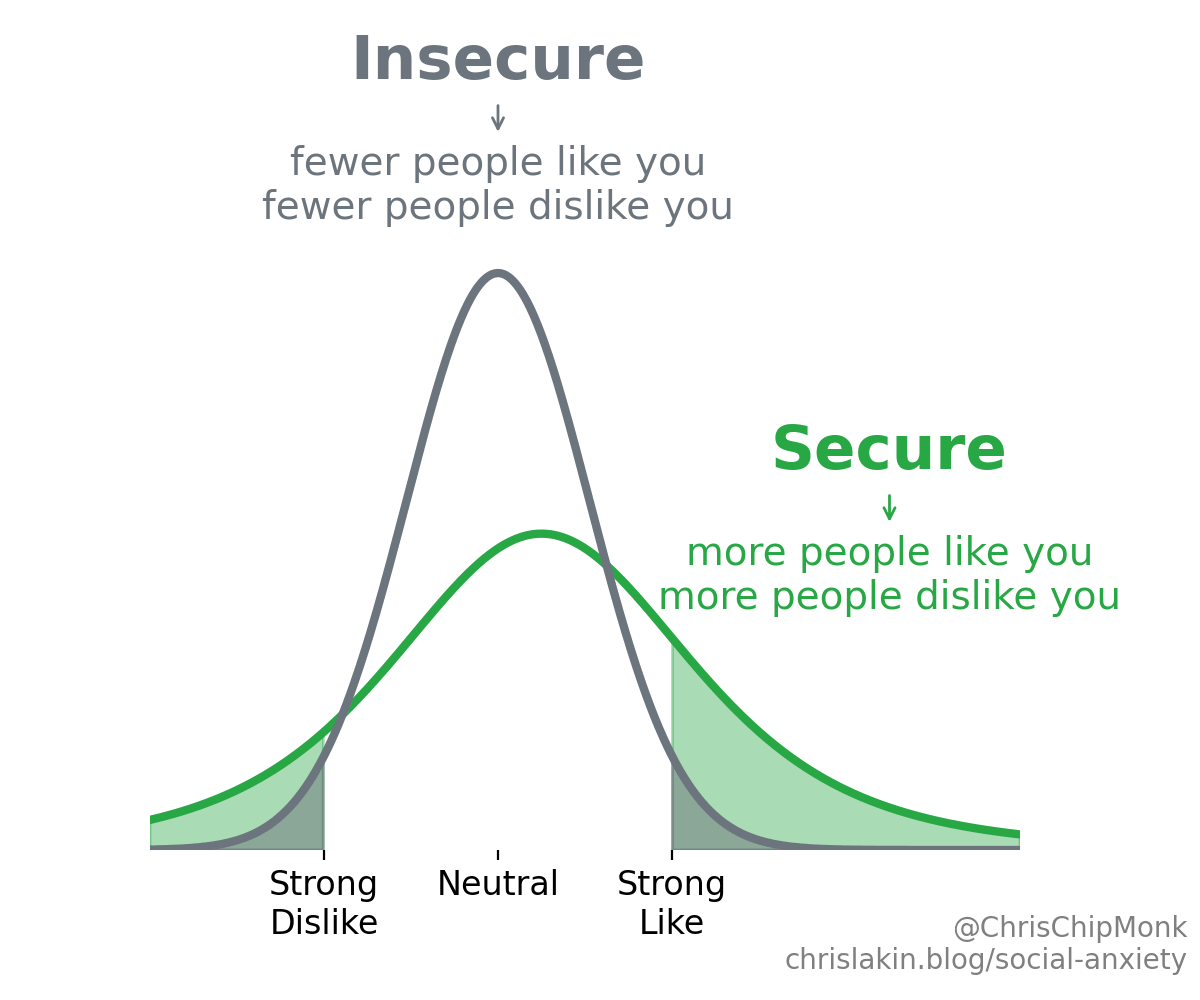
This is one of those “obvious” things that nonetheless needs to be pointed out because people are often poor at understanding their own behaviour
This is spot on—speaking from experience.